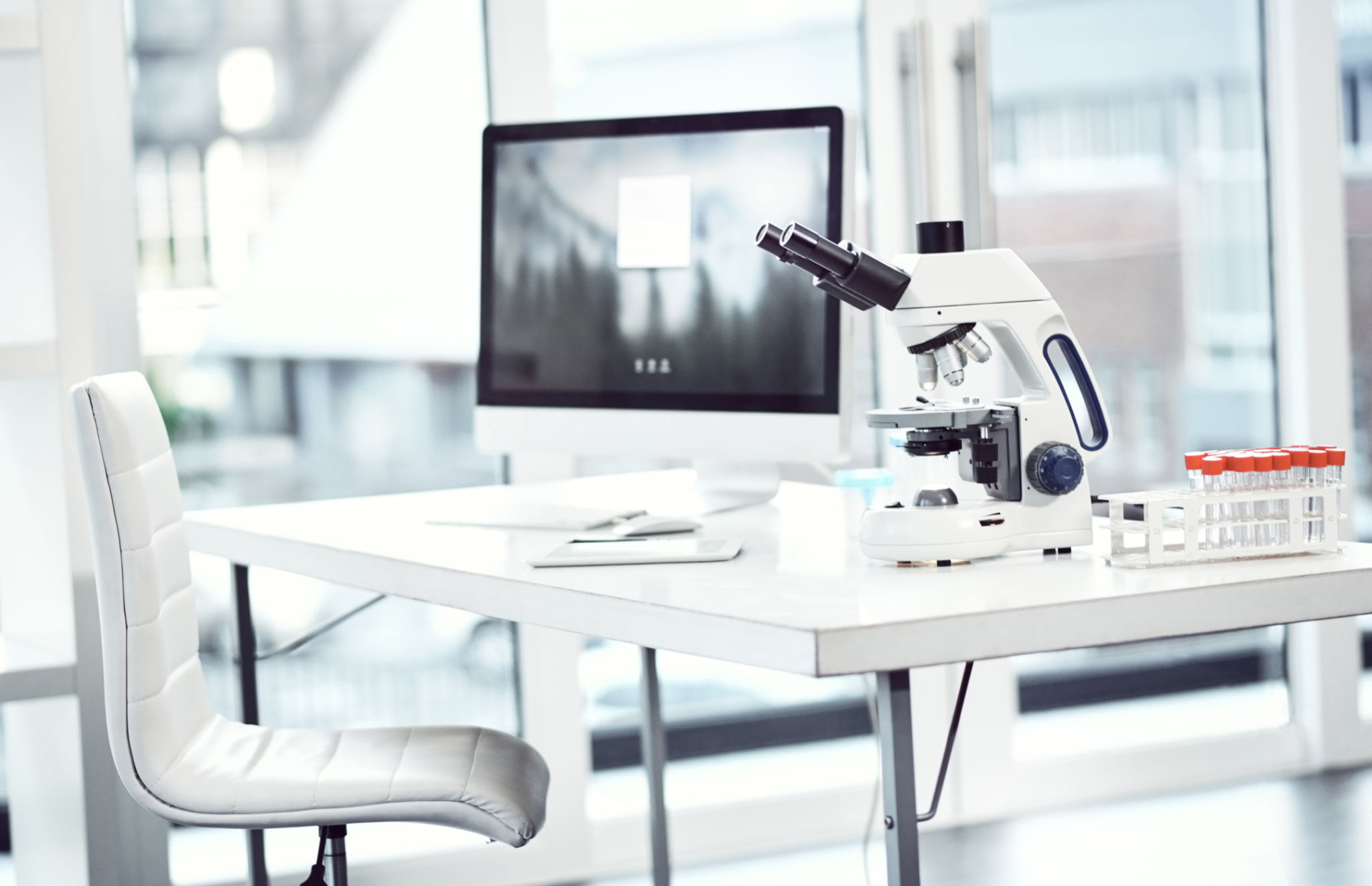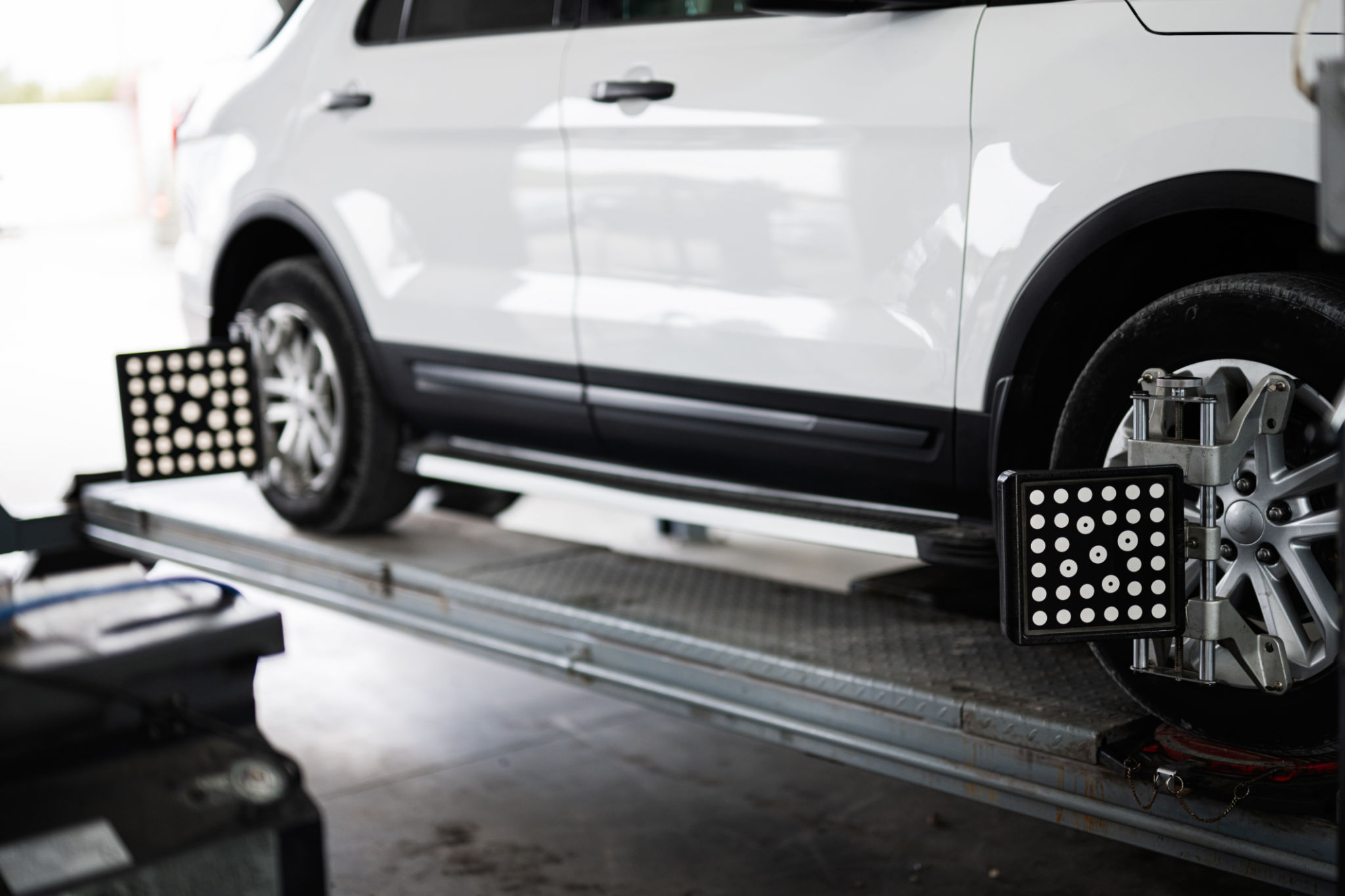Myth-Busting: Common Misconceptions About Lab Equipment Calibration in Malaysia
Understanding the Importance of Lab Equipment Calibration
Lab equipment calibration is a crucial process that ensures the accuracy and reliability of measurements in scientific research and industrial applications. However, there are several misconceptions surrounding this practice, especially in Malaysia, that need to be addressed. These misconceptions can lead to errors in experiments and compromise the quality of results. In this blog post, we aim to debunk some common myths about lab equipment calibration.

Myth 1: Calibration Is Only Necessary for New Equipment
A common misconception is that calibration is only necessary when equipment is new. In reality, calibration should be a regular practice throughout the lifespan of any lab equipment. Environmental conditions, frequency of use, and handling can all impact the accuracy of equipment over time. Regular calibration ensures that instruments provide consistent and precise data, which is essential for maintaining scientific integrity.
Moreover, relying solely on factory calibration is not advisable. Factory settings might not account for specific conditions in which the equipment will be used. Therefore, periodic calibration tailored to your lab's unique environment is crucial.

Myth 2: All Calibration Services Are the Same
Another myth is that all calibration services offer the same quality and standards. In Malaysia, there are numerous service providers, but not all adhere to international standards. It's essential to choose a reputable calibration service provider that follows ISO/IEC 17025 standards. This ensures that their calibration processes meet global quality benchmarks, providing you with reliable and credible results.
Investing in high-quality calibration services might seem more costly initially, but it saves money in the long run by preventing errors and ensuring the longevity of your equipment.

Myth 3: Calibration Is a One-Time Process
Some believe that once equipment is calibrated, it doesn't need to be calibrated again. This is a false assumption. Calibration is an ongoing process that should be scheduled regularly based on the equipment's usage and the manufacturer's recommendations. Factors such as wear and tear, environmental changes, and frequency of use can affect an instrument's accuracy over time.
Establishing a routine calibration schedule helps in maintaining the precision of your instruments, ensuring that they perform optimally during critical tasks. Regular checks also help identify potential issues before they become significant problems.

Myth 4: Calibration Is Too Expensive
Cost concerns are often cited as a reason to avoid regular calibration. However, viewing calibration as an expense rather than an investment is a mistake. The cost of not calibrating can be much higher due to potential inaccuracies leading to incorrect data, failed experiments, or even safety issues in industrial settings.
By including calibration in your regular maintenance budget, you can safeguard the accuracy of your lab work and protect against costly errors. Many service providers in Malaysia offer competitive pricing for regular contracts, making it more affordable over time.
Conclusion: The Role of Calibration in Ensuring Quality
In summary, understanding the truth behind these myths is essential for any laboratory or industrial setting that relies on precise measurements. Regular calibration of lab equipment ensures accurate data collection and reliable results, which are foundational to the success of scientific endeavors.
By dispelling these misconceptions and adopting a proactive approach to calibration, labs in Malaysia can enhance their operational efficiency and maintain high standards of quality assurance. Remember, when it comes to lab equipment, calibration is key to unlocking accurate insights and driving innovation forward.